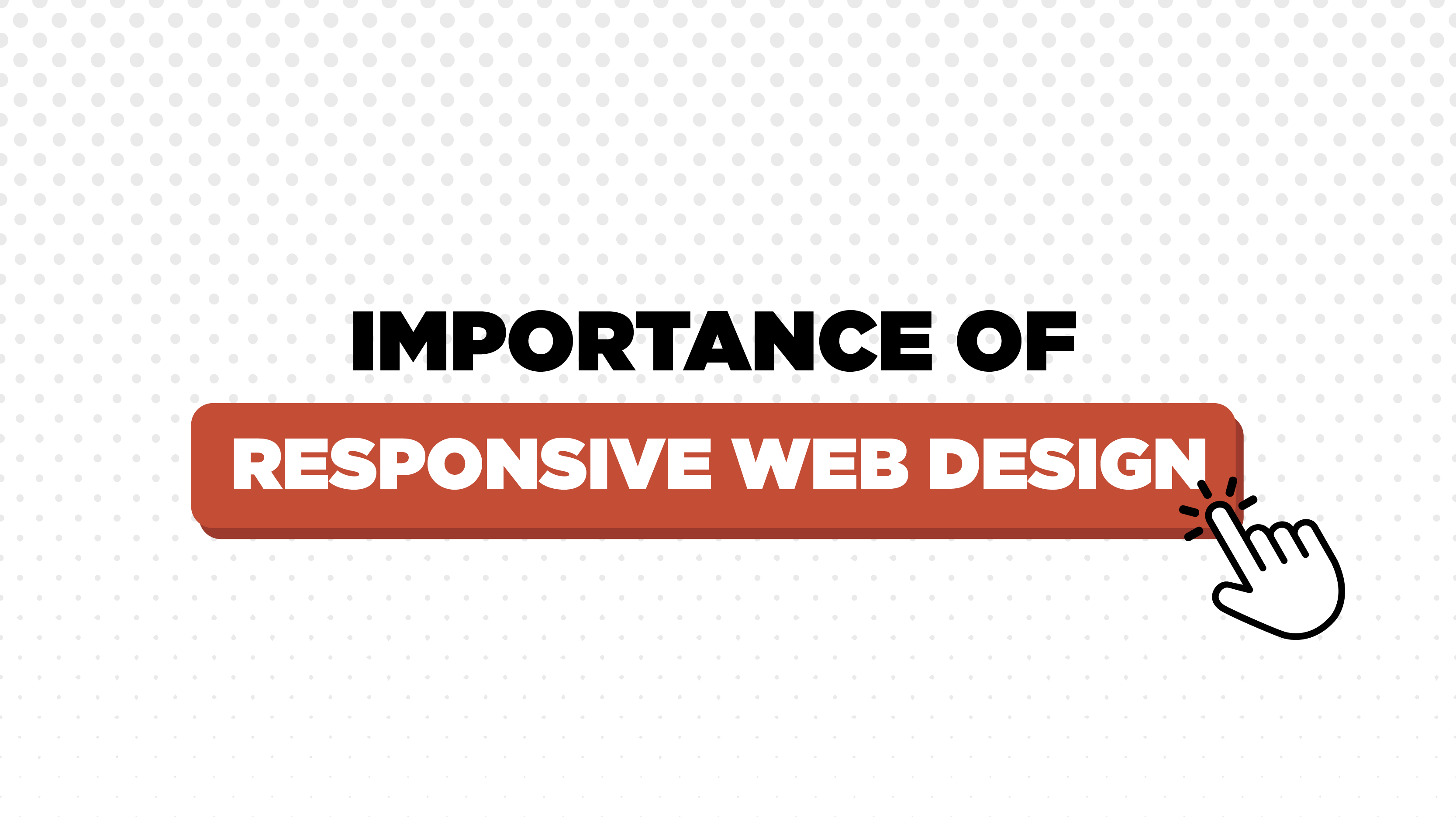MC Ticket
our ideas
The Importance of Responsive Web Design

In an increasingly mobile-driven world, a responsive web design has moved from a luxury to an absolute necessity. Whether you’re a small business owner, a large corporation, or a creative agency, ensuring that your website provides a seamless experience across all devices has never been more critical. A responsive design adapts to different screen sizes, providing users with a consistent, enjoyable experience whether they’re on a smartphone, tablet, or desktop.
Here’s why responsive web design is essential in today’s digital landscape:
1. Enhanced User Experience
A well-designed, responsive website ensures that users can easily navigate and interact with your content on any device. With intuitive layouts, easy-to-read text, and navigable menus, users are more likely to stay engaged and satisfied, which is crucial for retaining visitors. When users have a positive experience on your site, they’re more likely to return and recommend your brand.
2. SEO Boost
Google favors mobile-friendly websites in its search rankings, meaning responsive web design directly impacts your visibility. In 2015, Google announced that mobile friendliness would be a significant ranking factor, a decision that has only intensified with the rise of mobile searches. A responsive site improves your chances of ranking higher in search results, making it easier for potential customers to find you.
3. Higher Conversion Rates
Consistency in user experience across devices directly influences conversion rates. If a customer can start a journey on their mobile device and complete it on a desktop, all without interruptions or layout changes, they’re more likely to complete actions like making a purchase, filling out a form, or signing up for a newsletter.
4. Cost-Effective Maintenance
Before responsive web design became mainstream, businesses often needed separate desktop and mobile versions of their websites. This approach doubled the time and cost of website maintenance. With a responsive design, you manage a single website that automatically adjusts to any device, saving you time and resources in the long run.
5. Future-Proof Your Site
Technology is evolving rapidly, and new devices with varying screen sizes are constantly entering the market. A responsive design adapts to future changes by adjusting seamlessly to any new device. This future-proofs your site, ensuring it can handle changes without requiring a complete redesign.
6. Improved Brand Perception
A responsive website communicates professionalism and attention to detail, enhancing your brand’s reputation. Visitors who enjoy their browsing experience will view your brand as forward-thinking and customer-centric. On the other hand, a poorly designed mobile experience can damage your credibility and turn away potential customers.
Responsive web design is a foundational aspect of modern digital marketing and brand building. By providing a seamless experience across devices, it not only keeps users engaged but also boosts your SEO, lowers maintenance costs, and ensures your site is ready for future devices. For businesses and agencies alike, investing in responsive design is investing in long-term success.
As more users expect high-quality digital experiences on every device, now is the time to ensure your web design is equipped to meet those needs. Embracing this approach is not just about keeping up with technology; it’s about keeping users at the heart of your digital strategy.